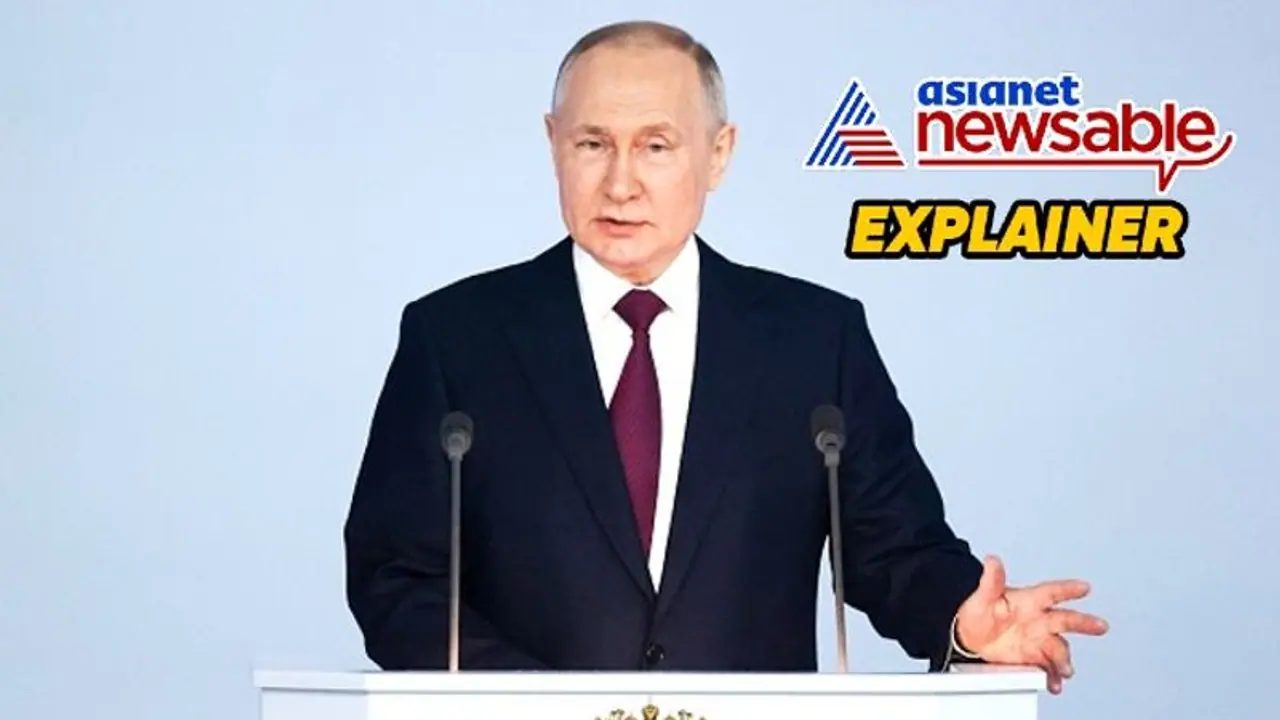As Vladimir Putin secures another term, the world watches closely. India and China may find opportunities to deepen strategic ties, while the international community braces for the impact on global stability and security.
In the realm of global politics, few events carry as much weight as the reelection of a major power’s leader. Vladimir Putin’s recent victory in the Russian presidential elections is no exception. This event is not just a significant development for Russia but also has profound implications for countries like India and China, as well as the broader international community.

India’s Perspective
India, with its longstanding ties to Russia, particularly in defense and energy sectors, views Putin’s reelection as an opportunity to deepen bilateral relations. Historically, India has relied on Russian expertise and equipment to modernize its military forces. The continuity of Putin’s presidency promises the perpetuation of these crucial defense deals, potentially leading to an influx of advanced military technology and joint exercises that bolster India’s strategic capabilities.
Moreover, energy cooperation between the two nations is likely to escalate. Russia, being one of the world’s largest producers of oil and natural gas, is a vital partner for India’s energy security. The sustained leadership under Putin could translate into more favorable terms for India in accessing these resources, ensuring a stable energy supply crucial for its burgeoning economy.
China’s Strategic Alignment
China’s relationship with Russia under Putin’s leadership has been characterized by a strategic partnership, often presenting a united front against Western influence. Putin’s continued hold on power is anticipated to fortify this alliance, potentially leading to more coordinated policies in international forums and a shared approach to global challenges.
The Belt and Road Initiative, China’s ambitious infrastructure and economic development project, could see increased collaboration with Russia, enhancing connectivity and trade between the two nations. This partnership is also pivotal in the context of security, with both countries sharing concerns over regional stability and the threat of terrorism.
Global Implications
On the global stage, Putin’s reelection signals a reinforcement of his political ideology and approach to international affairs. His administration’s stance on the Ukraine conflict and the broader European security landscape will continue to be a focal point for global diplomacy. The potential for escalation in these regions poses a challenge to international stability and necessitates a measured response from the global community.
Furthermore, Putin’s foreign policy, characterized by assertiveness and at times confrontation, is likely to persist. This could have ramifications for international institutions and the existing world order, as Russia seeks to assert its influence and protect its interests.
Vladimir Putin’s reelection as President of Russia is a pivotal moment that reaffirms the country’s current trajectory in international relations. For India and China, it represents an opportunity to strengthen strategic partnerships, while for the rest of the world, it is a reminder of the complexities of global diplomacy in an era of power shifts and ideological divides.
